News
-
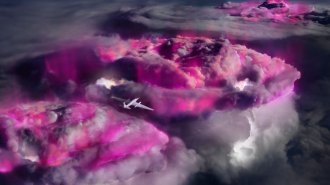 Physics
PhysicsThunderstorms churn up a ‘boiling pot’ of gamma rays
A thunderstorm seen in gamma-ray vision is a complex, frenetic lightshow when viewed from above the clouds.
-
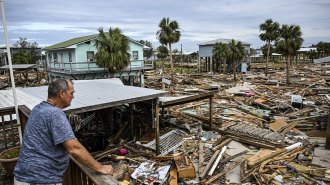 Health & Medicine
Health & MedicineA hurricane’s aftermath may spur up to 11,000 deaths
Hurricanes like Helene may indirectly cause deaths for years. Stress, pollution and a loss of infrastructure could all contribute to tropical cyclone fatalities.
By Meghan Rosen -
 Animals
AnimalsDolphins’ open-mouth behaviors during play are like smiles, a study claims
Experts urge caution in calling bottlenosed dolphins’ gesture a humanlike “smile,” but agree it seems to be important for how the animals communicate.
-
 Animals
AnimalsCoyotes have the face muscles for that ‘sad-puppy’ look
The ability to make heart-melting stares may not be the fruit of dog domestication if their still-wild cousins have the power to do it too.
By Susan Milius -
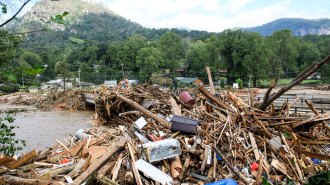 Climate
ClimateWhy Hurricane Helene was so devastating
The tempest caused record-breaking storm surge on the coast and widespread and deadly flooding and debris flows in the Appalachian Mountains.
By Nikk Ogasa -
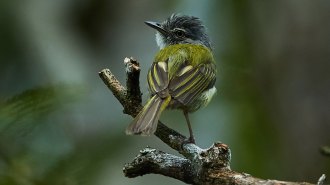 Animals
AnimalsBird nests made with a toxic fungus seem to fend off attacking ants
Two species of birds in Costa Rica build nests in trees defended by ants. Ants that encounter the horsehair fungus in the nests develop odd behaviors.
-
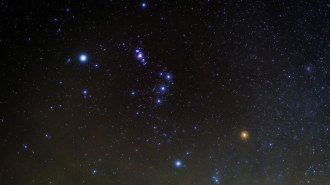 Astronomy
AstronomyBetelgeuse has a tiny companion star hidden in plain sight
Betelgeuse has a sequel — in the form of a companion star that's about the same mass as the sun, orbiting it about once every 2,100 days.
-
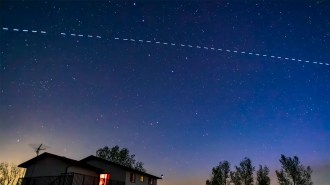 Astronomy
AstronomyStarlink satellites’ leaky radio waves obscure the cosmos
Starlink satellites unintentionally emit radio waves that appear more than 10 million times brighter than natural sources, as seen by ground-based radio telescopes.
By Sid Perkins -
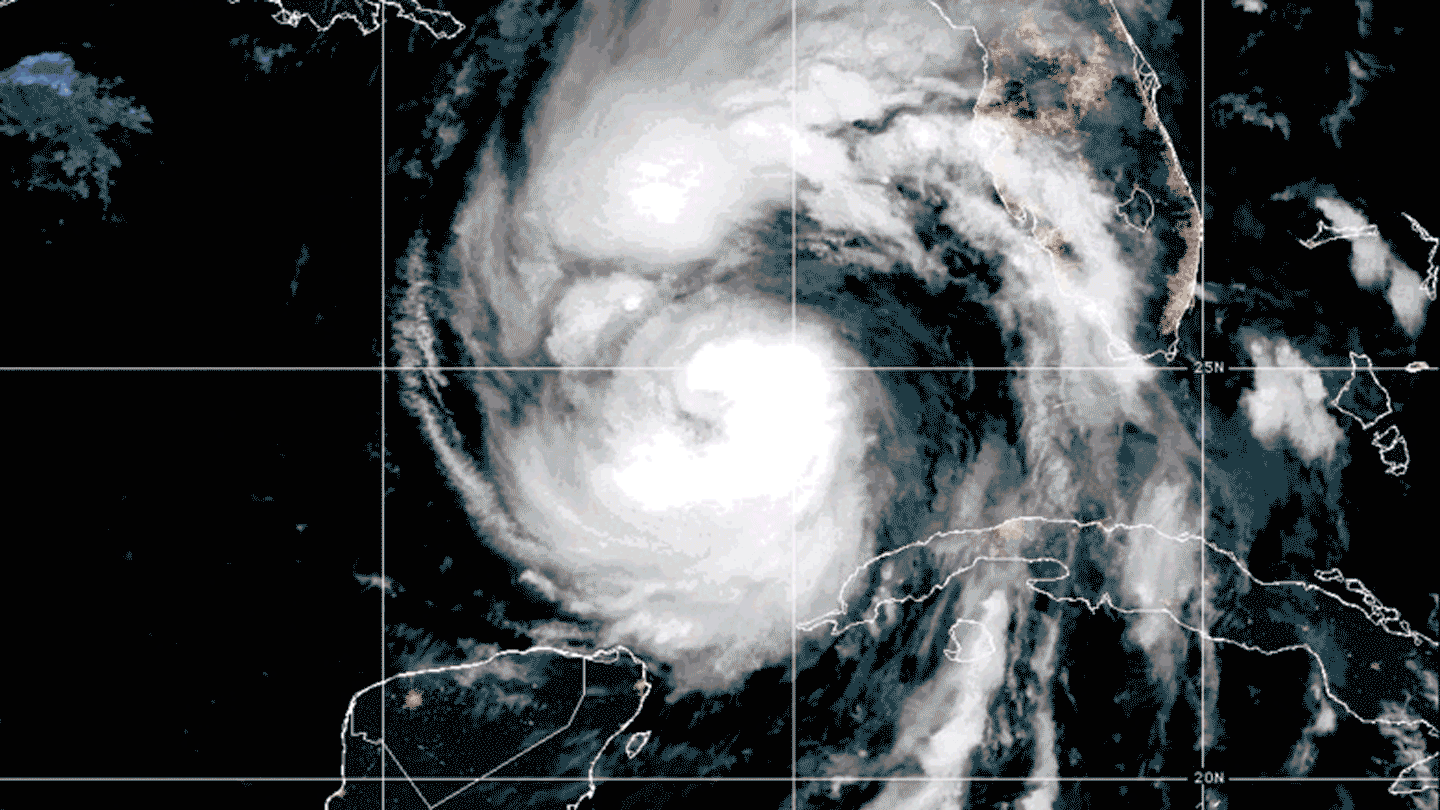 Climate
ClimateHow rapid intensification spawned two monster hurricanes in one week
New maps of wind impacts beyond Helene’s ‘cone of uncertainty’ track highlight how a hurricane’s power extends far inland.
-
 Chemistry
ChemistryScientists may have an explanation for why some batteries don’t last
A long-standing idea of why lithium ion batteries die focuses on lithium movement into the cathode. Instead, hydrogen may be to blame.
-
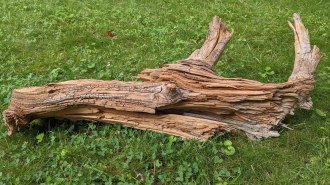 Climate
ClimateA thousands-year-old log demonstrates how burying wood can fight climate change
Burying wood can store carbon for thousands of years, according to an analysis of an ancient log unearthed in Canada.
-
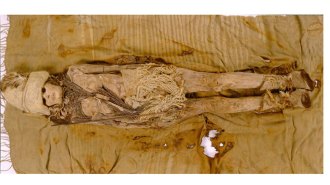 Archaeology
ArchaeologyThe world’s oldest cheese is now revealing some of its secrets
A DNA analysis of the kefir cheese, first found about 20 years ago on 3,600-year-old mummies in China, confirms its age and pinpoints its origins.